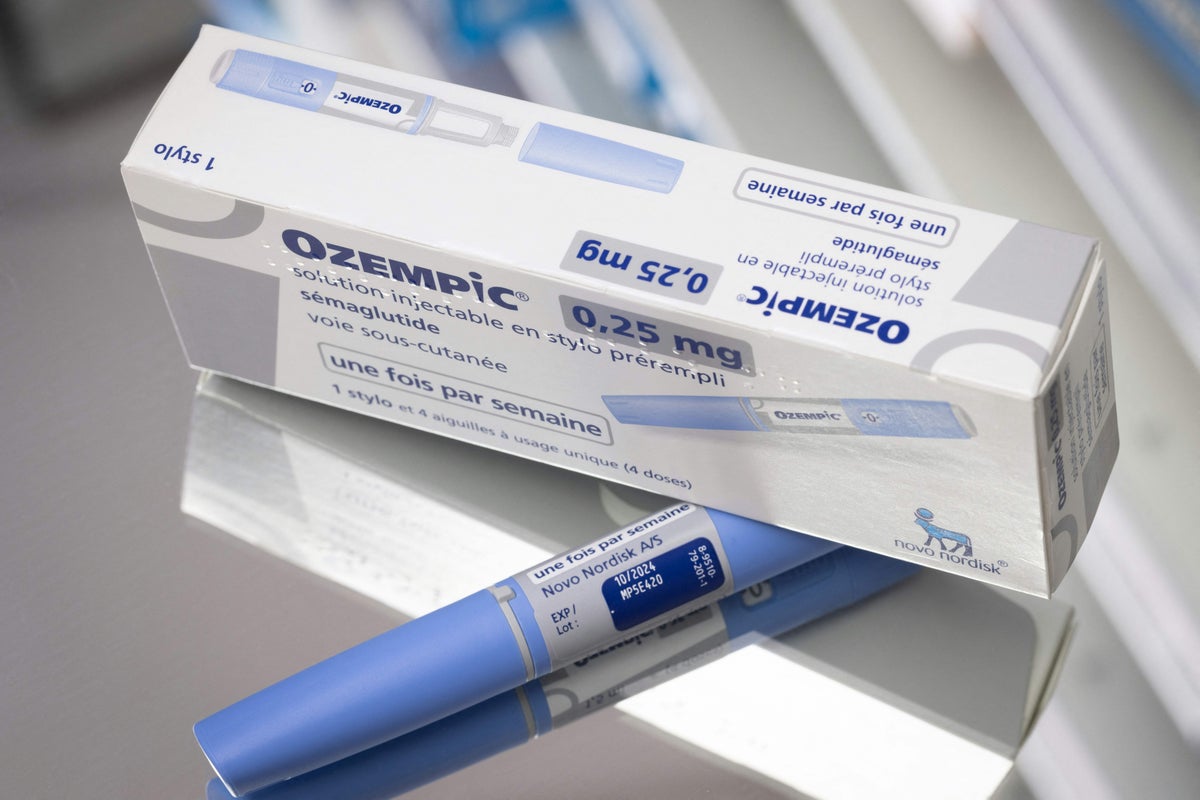
Influencers have been offered tens of thousands of dollars to promote Ozempic and other drugs used for weight loss online.
Several social media influencers confirmed to The Cut that weight-loss-focused telehealth brands have compensated them for posts, livestreams and new customer sign-ups in recent months.
Stella Kittrell told her 500,000 TikTok followers she was offered $20,000 to promote the drugs. Jasmines Vanity offered her 11,000 followers $50 off their first month with a weight-loss-focused telehealth brand if they used her sign-up code in January.
@stellakittrell Replying to @Brittney B
♬ original sound - stella kittrell
Some influencers have made $30,000 a month from advertising GLP-1 medications, which include semaglutide (known as Ozempic) and Tirzepatide (known as Mounjaro), The Washington Post reported earlier this year.
However, TikTok cracked down on weight-loss influencers in April, announcing new guidelines that ban “showing or promoting disordered eating and dangerous weight loss behaviors, or facilitating the trade or marketing of weight loss or muscle gain products.” This caused many influencers to migrate to other platforms, according to The Washington Post.
@jasminesvanityy Now that im down 25 pounds, im feeling amazing! Less bloating, i sleep better, no food noise & my cardio is actually getting better in the gym! Im so grateful for medication like Tirzepatide from @Zappy Health because it has truly changed my LIFE 🙌🏼❗️ Along with my weekly dose, i also work out which has given me a new healthy lifestyle! Starting to feel like my old self again 🥰💙 ❗️The link to sign up is in my bio! Discount code for a free consultation & $50 off your first month: JASMINE • • #glp1medication #zappyhealth #pcosweightloss #tirzepatide #weightloss #weigntlossjourney #bodypositivity
♬ Tie Me Down (feat. Ray J) - New Boyz
Weight-loss-focused telehealth companies like Amble Health took off in 2022, when the Food and Drug Administration announced shortages of semaglutide and tirzepatide.
These companies started selling compounded versions of the drugs at a lower price, The Cut reports, and went on to recruit influencers who can spread the word about their product.
Around 2 million Americans are estimated to rely on these compounded drugs that could soon disappear, KFF Health News reports.
The FDA announced earlier this month that the tirzepatide shortage was “resolved.” This means the companies that made the compounded drugs had to stop production, The Washington Post reports. Pharmacists and companies then reported a deluge of calls from customers who found themselves without the product, according to the Post.
These pharmacies making the compounding drugs then sued the FDA, arguing the federal agency failed to realize how many patients rely on compounded versions of these medications, the Post reports.
Now, the FDA will reevaluate its assessment of tirzepatide availability, according to the Post.
Dr. Mariana Socal, a professor at Johns Hopkins University and an expert in drug shortages, told the Post the agency’s credibility has now “suffered.”
An FDA spokesperson said the agency “does not comment on ongoing litigation,” when contacted by The Independent.
These drugs could have implications beyond treating Type 2 Diabetes and obesity. Researchers are currently investigating the medications’ potential impact on other serious health conditions, including dementia, depression heart attacks, stroke, liver failure, polycystic ovary syndrome, Alzheimer’s and even addiction, The Independent previously reported.
The initial data also indicates that these medications can calm inflammation in the body, which can trigger and exacerbate many serious diseases.







